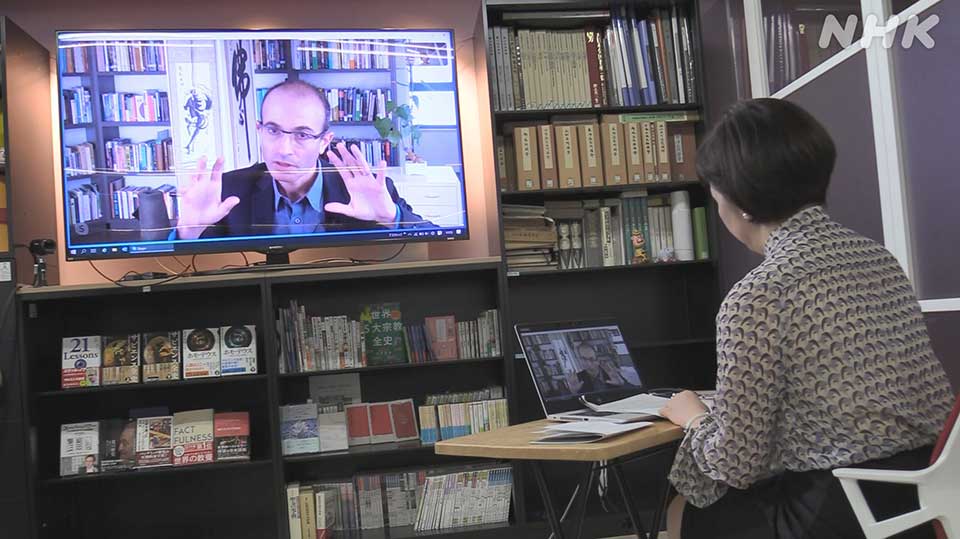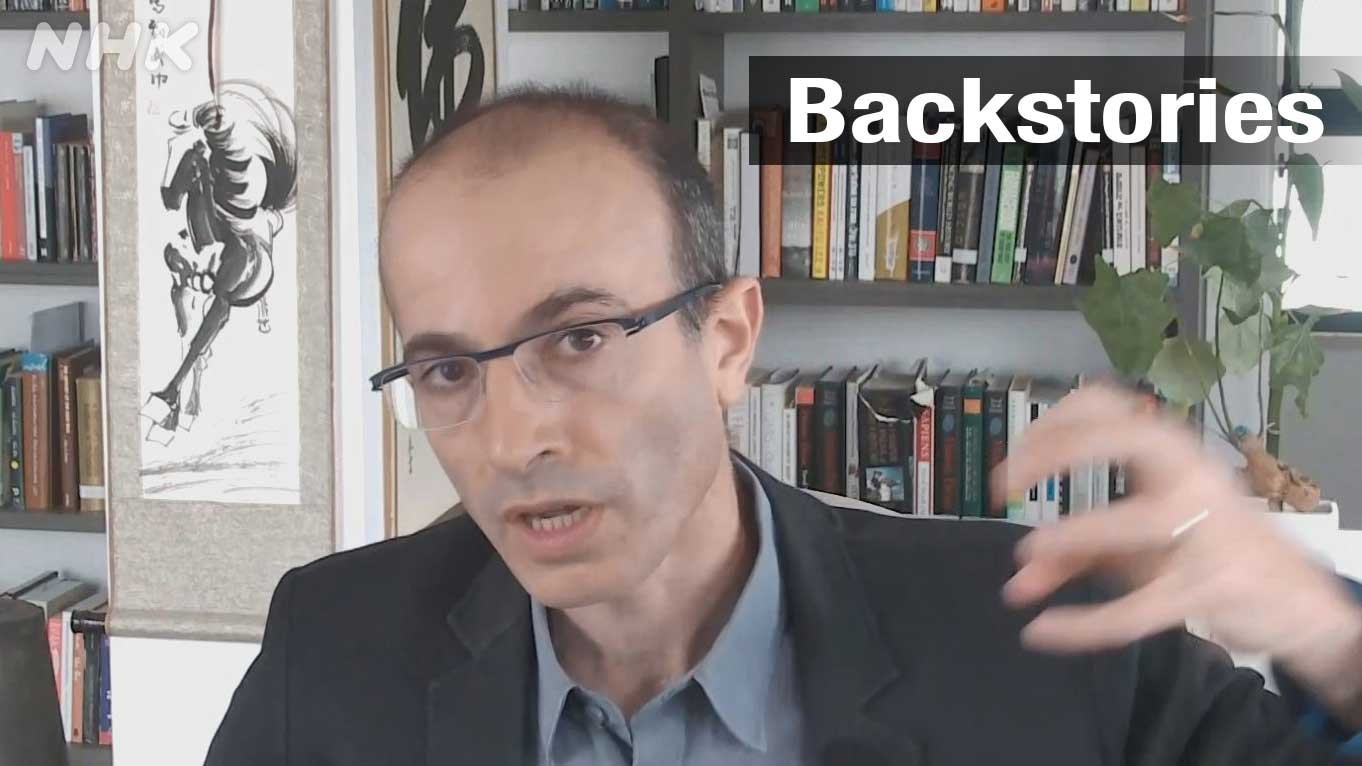Harari said he hopes the pandemic will end up being a once-in-a lifetime event. But he warned that the worst is yet to come. What if the virus spreads to developing countries in Asia and Africa? Harari says if these countries do not receive help, they will collapse. This would lead to destabilization that could spread throughout the world.
In this way, Harari says the pandemic's effects will not be limited to public health. It will be felt in politics, the economy, and society at large.
"My university's classes, all of them, went online in just one week," he said. "What if the university decides to start employing professors from, say, India? This would change how people are employed, not only locally, about around the world."

He also said the pandemic could cause irreparable damage to our politics, potentially eroding widespread support for systems of democracy. The public health emergency posed by the virus is giving governments the opportunity to assume unprecedented degrees of power.
"Democracies collapse not in normal times," Harari said. "They always collapse in emergencies."
But doesn't it make sense for people to demand more draconian measures during such circumstances? While there have been some anti-lockdown demonstrations around the world, most people seem to be following government orders.
Harari called this a "double emergency."
"When people are afraid for their lives and losing business, the public may prefer someone powerful," he says. But he warned that such authority could set a dangerous precedent for when the crisis subsides.
Harari says the pandemic will bring significant changes to the way we live. But he adds that our fate is not determined, that we can still make choices that will lead to a better tomorrow, even as we live through the perils of today.

